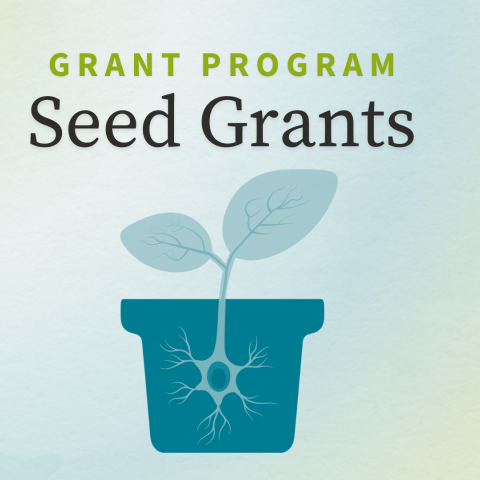Our Seed Grants program sparks new collaborations between scientists from across the university to engage in innovative, collaborative research projects in the neurosciences.
Seed grant research projects should involve at least two independent co-PI's who combine their expertise in an innovative fashion to address important problems in basic and clinical neuroscience.
We encourage applications from teams forming unique connections between neuroscience and other bastions of disciplinary strength at Stanford (e.g.: engineering and the quantitative sciences, chemical and molecular biology, the social sciences, humanities and professional schools of education, law and business).
Seed Grants 2025 - Applications open Feb 4 to Apr 25
Successful proposals will be awarded for a two-year period in the total amount of $300,000 ($150,000 per year).
Funded Seed Grant projects
Rewiring neuropeptide signaling to therapeutic outcomes with GLumigenetics
Harnessing circadian rhythmicity at the blood-cerebrospinal fluid barrier with a perfusable biomimetic hydrogel-integrated chip
Elucidating Neurobiological and Exposomic Mechanisms of Human Brain Circuit Resilience to Aging and Tauopathies: An AI-driven modeling approach
3D optical reconstruction of whole-brain neuropeptidergic connectome in Caenorhabditis elegans
Impaired RNA Editing as A Cause of Neuroinflammation in Alzheimer's Disease
Use of gut-brain electrophysiology to study interoception in eating disorders
Seed Grant Award Announcements
2021 - Wu Tsai Neurosciences Institute announces fourth round of seed grants
2019 - Wu Tsai Neurosciences Institute announces third round of seed grants
2017 - Stanford Neurosciences Institute awards second round of Seed Grants
2015 - Stanford Neurosciences Institute awards first round of Seed Grants
